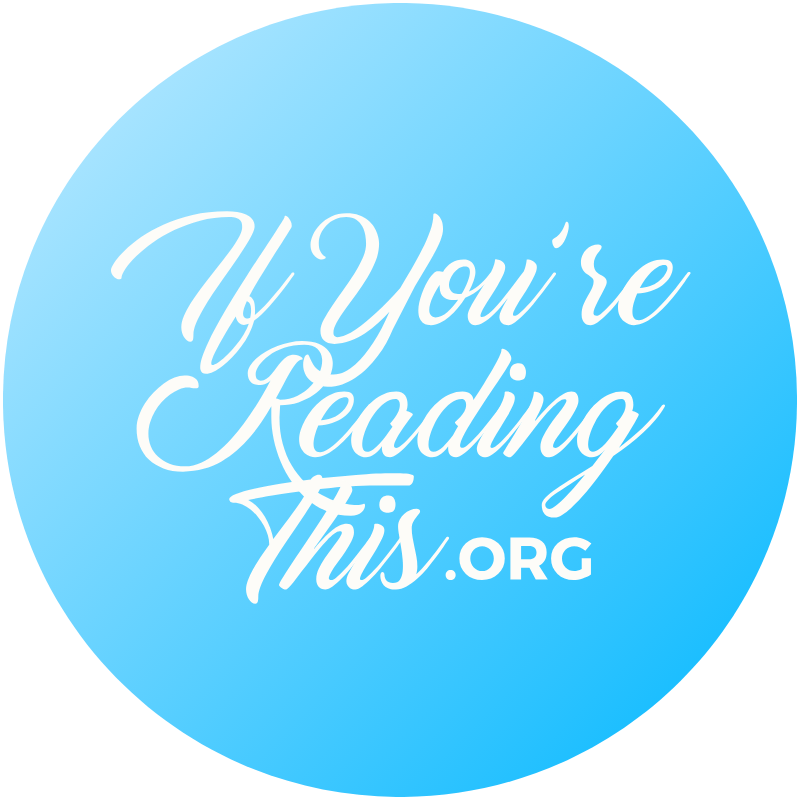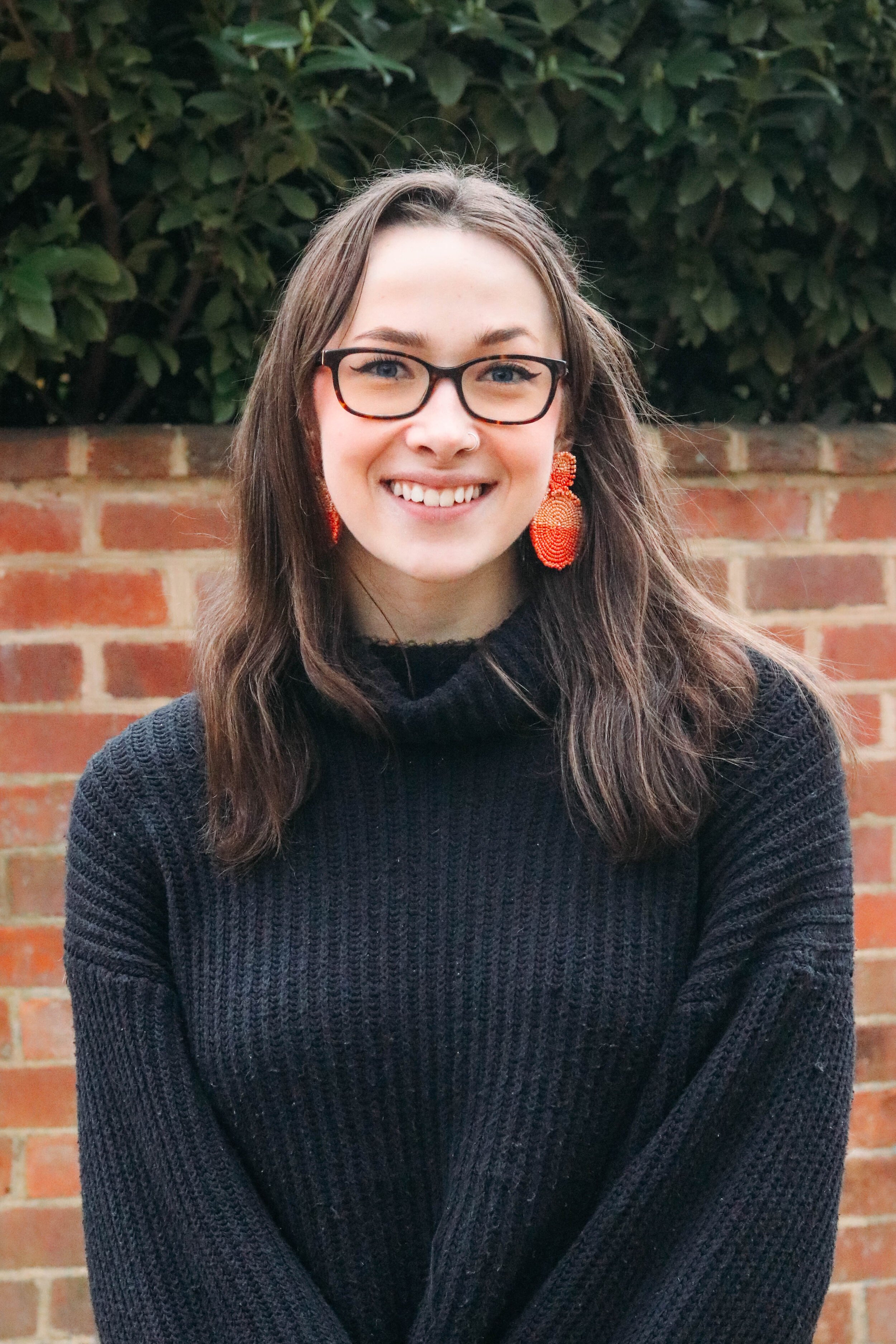Elena N.
Photography by Jessica Pentel
If you’re reading this, there are masses of affirmations and pieces of advice I wish to leave you with. But I will summarize by saying: if you’re reading this, it’s okay to be bipolar.
I won’t go greatly into detail about the years preceding my diagnosis, or the diagnosis itself. My symptoms are confusing, unpredictable, and compounded by the fact that bipolar is not the only mental illness I struggle with. Mine is a tricky illness. Tricky even more because it is not an illness openly talked about. It is scary, and strange, and sometimes sinister, and never easy to explain. But I hope my words give you a sense of what this diagnosis means.
I have bipolar II disorder. Whereas bipolar I causes individuals to have depressive and manic episodes, I experience depressive and hypomanic episodes. Like the majority of people who suffer from bipolar II, I experience depressive episodes most frequently (hence why my illness is often referred to as “manic depression.”) In these low episodes, I am lethargic. Empty. Miserable. Lifeless. Lonely. When I am in a high, the bright colors of mania take me to a place far away from the greys of depression. The parkour of jumping back and forth leaves me exhausted. I do not function on a schedule. I cannot plan when these changes will happen to me. I am just as susceptible to confusion and despair as a well-meaning bystander may be.
In addition to my bipolar diagnosis and the unpredictable, rapid cycling (another unique variant of my condition) of my episodes, I experience “mixed episodes” -- the component of my bipolar probably most difficult to explain -- quite frequently. In a mixed episode, an individual experiences symptoms of mania and depression (which, contrary to what I first anticipated, does not produce an insignificant neutralizing effect.) Instead, I must sit through a whirlwind of depressive thoughts and inclinations while having the mental speed, impulsivity, agitation, and restlessness of mania. I lack appropriate metaphors or phrases to demonstrate just how horrifying this is, particularly with the compounding effect of my other mental illnesses. It is my intention that this description evokes some sense of understanding; that you trust that the feeling of fearing your mind is an experience like no other.
When I was first diagnosed, I did not give myself time or space to process. I did not stop to realize that this new diagnosis was slowly metastasizing, beginning to define so much of my inner world. Undoubtedly, I was relieved to have found an illness that I could blame for my laundry list of strange symptoms.
But I hated the word. The diagnosis itself.
I still hesitate to say it, whether I’m forced to speak it or type it. Bipolar is a scary word in the mouth. It does not roll off the tongue as others might. It is ugly, and loud, and confusing. (And I will admit that I occasionally succumb to ableist and derogatory ideas about mental illness and find myself buried beneath shame and self-loathing.) Because of this, I told no one.
For about half a year, I kept quiet about my diagnosis. Sure, teachers had expressed concern (sometimes on more than one occasion.) Sure, even friends and family knew that I struggled mentally and emotionally, but no one had to know. I did not want relationships to become awkward. I did not want relationships to be ruined. I did not want to rely on prescription medicine for my brain to remain stable. I did not want to be seen as mentally ill. I did not want to be seen as bipolar. Who would? Who would want that word to describe them? Who would want to be so well aware of the darkness they lived in so often; to accept it?
So, I told no one.
One day, my grip on this monster loosened. I opened myself -- all of myself -- up to a loved one for the first time. I was tired. What did I gain from hiding who I was -- who I really was? What was the benefit of using the little energy I had left on pretending I needed no help? I knew inside that I had kept it a secret for too long. Maybe I thought I was brave for it, but I now know, having hid that part of myself, that I was not better for it. Instead, it isolated me from the ones I loved and the ones who loved me. Out of fear of rejection, judgment, and mockery, I sat through the whirlwind of diagnoses, medicines, and appointments alone. I cut myself off from others and in turn I cut myself off from compassion, grace, gentleness, truth, and companionship, the very things I could not extend to myself when I needed them most.
If you’re reading this, it’s okay to be bipolar.
It’s a tricky illness we have. If your bipolar is anything like mine, you too sympathize with the desperate need of wanting people nearby, all while being terrorized by the thought of being fully vulnerable, weak, and seen before others. If your bipolar is anything like mine, you too acknowledge how frequently you poorly cope and only worsen your state. If your bipolar is anything like mine, you too ache and groan for others like you, whose mental struggles are romanticized in the media yet judged in public. If your bipolar is anything like mine, you too know how miserable your mind will make you yet how euphoric you will be within the moments to come. If your bipolar is anything like mine, you struggle to know where your identity rests, when your personality, mood, and being seem to shift beneath your feet. If your bipolar is anything like mine, you despise the thought of being misunderstood by those you so feebly open up to. If your bipolar is anything like mine, you cannot understand what life could possibly be like without it.
If you’re reading this, it’s okay to be bipolar. We will figure this out together.
Elena N., University of Virginia ’24
Connect With Us
To follow IfYoureReadingThis at UVA on Instagram, get in touch with our chapter, and learn about more resources available to University of Virginia students, visit our chapter’s homepage.
AUTHOR CONTACT
This author has opted to allow readers who resonate with their story to contact them. If you would like to speak to the author of this letter about their experience, please use the form below.

